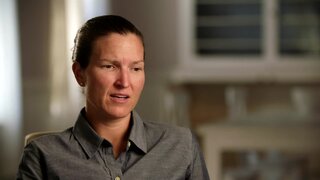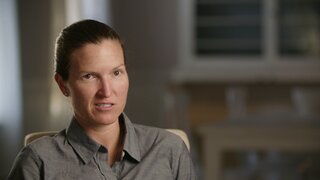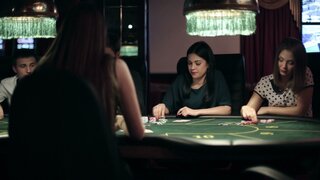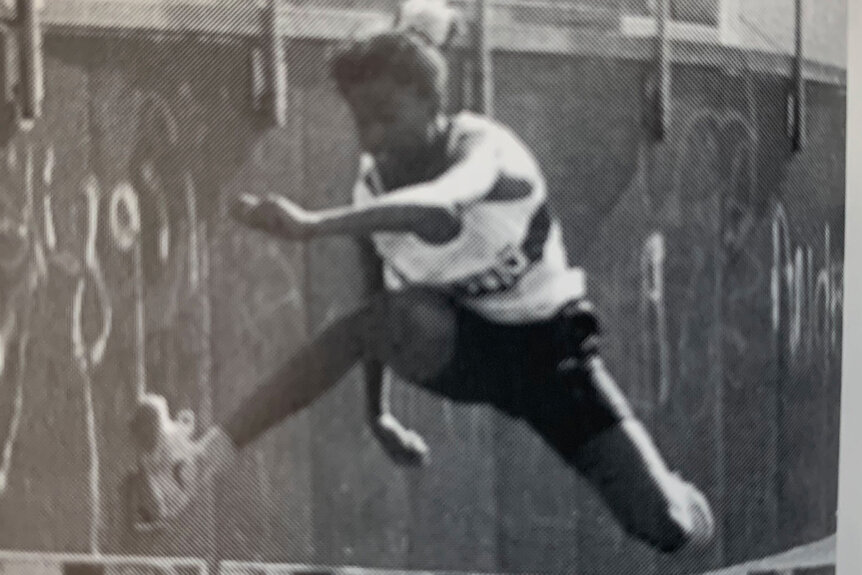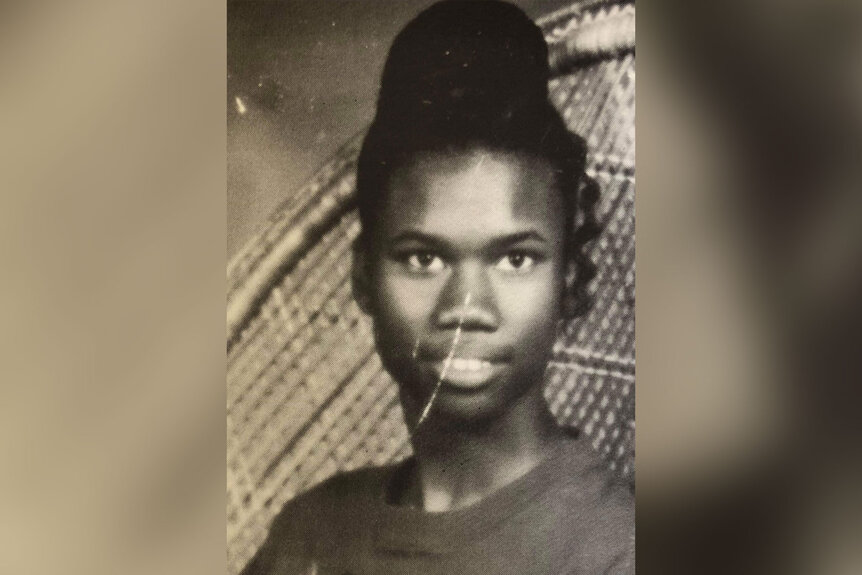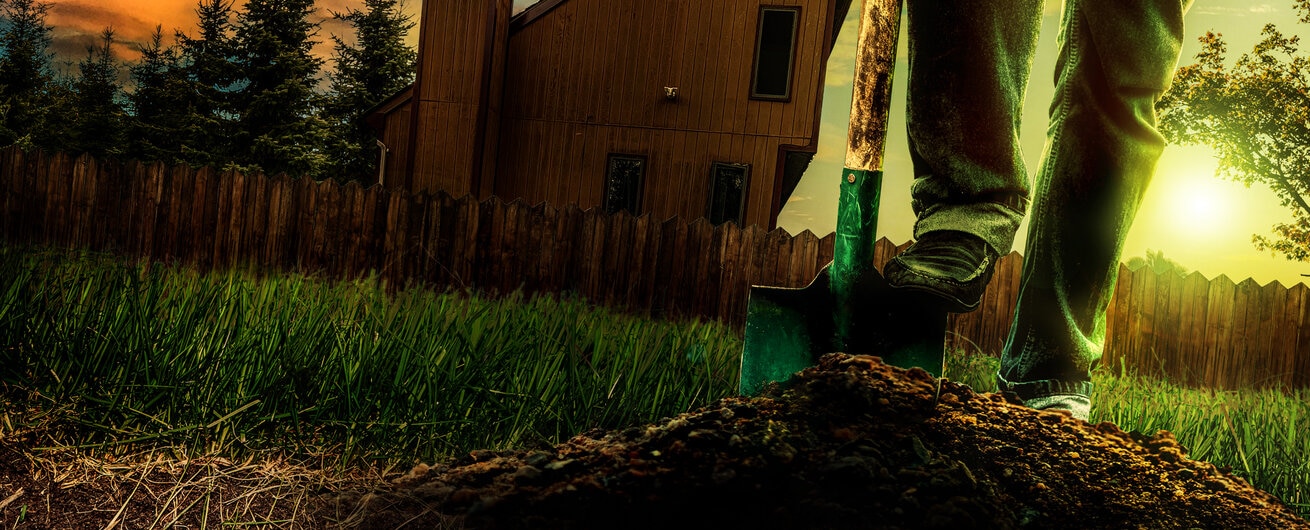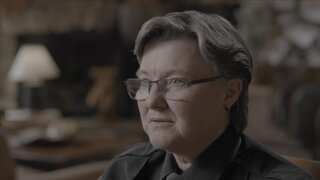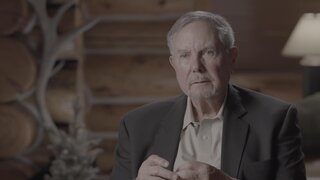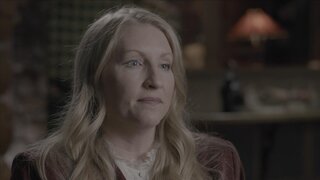Create a free profile to get unlimited access to exclusive videos, breaking news, sweepstakes, and more!
'Full Of Evil': Mother Of Teen Track Star 'Laughed' After Confessing To Brutally Murdering Her
Young track star Shilie Turner's sudden disappearance in 1993 led to the discovery of a crime more disturbing than anyone in her tight-knit Philadelphia community ever imagined.
Shilie Turner was considered by many who knew her to be destined for greatness.
As a student athlete at William Penn High School in Philadelphia, she may not have had access to state-of-the-art resources — or even a track to practice on — but she persevered and made a name for herself as a young track star whose talent may have led her straight to the Olympics.
On Jan. 17, 1993, the day of an important track meet, however, Turner failed to show up, sparking concern that only grew when her coach learned that Turner's mother, Vivian King, hadn’t seen her daughter since the night before, when she left to spend the night at a friend’s house just across the street.
King wasted no time contacting the police, who came to her home to interview her about what could have happened. King reported that her daughter had said she was going to a party and staying at a friend's house afterward, but after police contacted Turner's friends and classmates to see if they had seen her, they learned where she had really gone that night.
Turner’s best friend, Andrea McCall, said that Turner was actually planning to go see her new boyfriend, Shaun Williams. Before she left, McCall said that she lent Turner her father’s leather jacket and that Turner promised she wouldn't stay out too late because of the track meet the following day.
"And that was the last time that I saw her," McCall told “Buried in the Backyard,” airing Thursdays at 8/7c on Oxygen.
Police wasted no time bringing in Williams for questioning, and he said that the two had hung out until around 1:30 a.m. Williams said Turner decided to take the bus home and that he watched her board it and drive away.
Williams was ultimately ruled out as a suspect after investigators checked with the bus driver, who confirmed that Turner had ridden on his bus that night. The driver also said that Turner got off at a stop that was six blocks away from her house, which was in an area that was known to be dangerous.
"[It's] not a good place for a 17-year-old girl to be walking at 2 o’clock in the morning," Yvonne Latty, a reporter for the Philadelphia Daily News, told "Buried in the Backyard."
Authorities searched the abandoned homes near the stop and the surrounding areas, but they found no trace of Turner. Meanwhile, her mother went to the public for help, and the community banded together to offer a $6,000 reward for information on the teen’s whereabouts. Turner's friends also began to search for the missing teen.
"My friends and I, we would just walk through the neighborhood, calling her name," McCall told producers through tears.
Still, investigators kept reaching dead ends, and two weeks later, Turner was still nowhere to be found. After talking to King again, police were prompted to investigate her track coach, Tim Hickey, a bit more closely, due to claims that he was close with Turner and would spend time alone training with his students.
Hickey appeared devastated by his star student’s disappearance, and his alibi for that night — that he was out with a group of people — checked out, eliminating him as a suspect. It was through talking to Hickey, however, that police learned new information about Turner. She had confided in him that her family life was difficult, so much so that she dreaded going home.
Turner's family began to draw more suspicion after McCall noticed something odd a few days later. She saw Turner's stepfather, Clarence Jones, leaving the house wearing the same leather jacket that she had lent to Turner on the night she disappeared.
"If Turner never made it home, how did Clarence wind up wearing her leather jacket?" Latty told producers.
Investigators brought Jones in for questioning, but when asked about the jacket, he claimed that he had just picked up whatever he could find at home and didn't know to whom it belonged. He also denied having anything to do with his stepdaughter's disappearance and seemed generally confused about the importance of the jacket he was wearing.
After authorities verified that he was at work the morning of Turner's disappearance, delivering papers as usual, they ruled him out as a suspect and continued to search for answers, even calling in a psychic to consult. Still, four weeks later, Turner's disappearance was still a mystery, and her loved ones were beginning to lose hope.
"I started to feel guilt. If I would have just went with her, maybe she would have come home and been OK," McCall said.
The case took a dark turn on Feb. 20, 1993, just hours after the community gathered for a march in Turner's honor. A man walking his dog in Fairmount Park came across what appeared to be a human body covered in a blood-stained tarp in a secluded part of the woods.
He immediately called in police, who saw that it was a young Black girl who had sustained multiple gunshot wounds to the face, hand, and chest area. She also sustained blunt force trauma to the side of her face.
King later positively identified the body as being that of her daughter, and the community was left heartbroken: Turner had been found dead in the same park where she so often went for runs.
As investigators searched for a killer, Turner's loved ones gathered for her funeral, where her mother's behavior immediately set off alarm bells for many in attendance. Instead of crying, as might be expected, she seemed to be in good spirits as she greeted those in attendance.
"Vivian King was not acting like the mother of a 17-year-old girl who was murdered," Mister Mann Frisby, a friend of Turner's, told producers.
"You can't really say how somebody's supposed to mourn the loss of their daughter ... but that wasn't it, and that's what everybody was talking about," he later added.
King's behavior prompted rumors that she was involved in her daughter's murder, but she maintained her innocence and even appeared on a local radio show as a guest in an attempt to clear her name and ask for answers.
During a portion of the interview that wasn't recorded, however, King described the crime scene and the way her daughter’s body was found in such startling detail that the host, Mary Mason, suspected that such facts could only be known by someone who had witnessed the murder personally.
She reported the strange encounter to police, recounting that King had described how her daughter’s hand had been near her face when she was shot.
"At that time, I realized Vivian could be the person that killed Shilie," James J. Dougherty, a former detective with the Philadelphia Police Department, told producers.
Before investigators were able to bring King in for questioning, she went to the police herself, desperate to clear her name, and agreed to take a polygraph test. When she failed the test, the results broke the case wide open: King asked to speak to police again, and once in the interview room, she broke down in tears and confessed.
When Turner came home on that fateful night, King had been drinking, and she was angry that her daughter had been out so late. The two started arguing, and things turned physical.
King got a gun and told Turner that she was going to take her to the police station because she didn't want her to live at the family home anymore. When they got in the car, however, she drove her daughter past the police station and went to the park instead, where she got out of the vehicle and initiated a physical fight with Turner.
She hit the teen in the face with her gun and shot her multiple times as she was lying on the ground, killing her. She then covered her body with a tarp that she found nearby.
In the interview room, King then did something that shocked investigators: She laughed.
"After her confession, she laughed," Dougherty recalled. "If there is evil, certainly that was full of evil, from that laugh."
King was arrested and charged with murder, devastating the community and those who knew and had searched for Turner.
"I felt disbelief and … a sadness. I couldn't understand how a mother could do something so foul to someone that they gave birth to," McCall said.
Police searched King’s house and, although they were able to conclude that Jones was not involved in the killing, they were unable to find the jacket, the gun, or any physical evidence linking King to her daughter's murder. Prosecutors were counting on her confession to win their case, but they were thrown a huge curveball when she later recanted and claimed that she had been coerced by investigators.
Still, between King’s initial confession and the contradictory testimony she delivered on the stand, a jury found King guilty of third-degree murder, and she was sentenced to between 10 and 20 years in prison.
"The use of the alcohol reduces from first-degree to third-degree. I thought that six shots was enough for a specific intent to kill, but a jury just didn't want to believe that without the alcohol, her mother would have killed her," former Philadelphia Assistant District Attorney Judith Frankel-Rubino told producers.
King has since served her time and currently lives in Philadelphia.
For more on this case and many others, check out “Buried in the Backyard” on Oxygen on Thursdays at 8/7c or stream any time at Oxygen.com.
